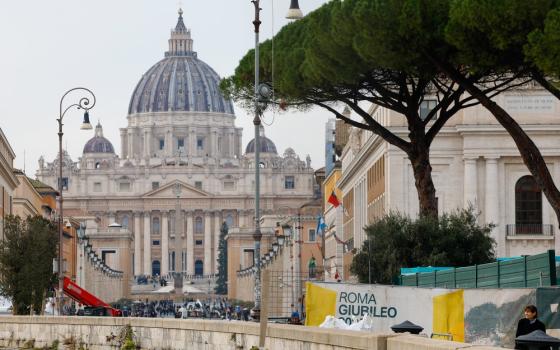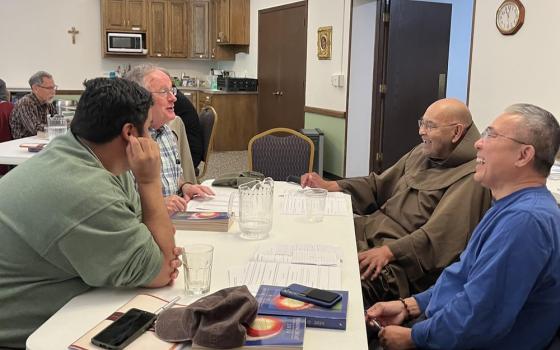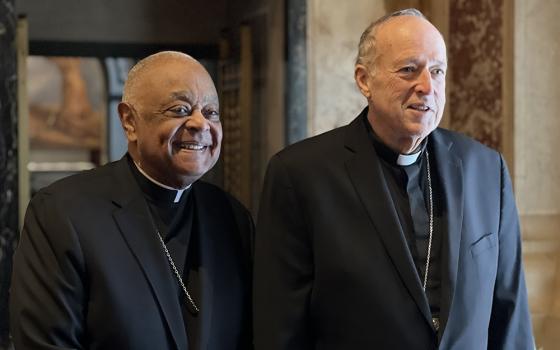Over at TNR, Yossi Klein Halevi looks at Obama's major policy speech. I agree that this could be a breakthrough moment in U.S.-Israeli relations and hope it is so. Halevi is surely one of the smartest commentators on that relationship writing today.
I was less enthused by the President's speech at Yad Vashem. Here are two of his opening graphs:
This is my second visit to this living memorial. Since then, I’ve walked among the barbed wire and guard towers of Buchenwald. Rabbi Lau told me of his time there, and we reminisced about our good friend, Elie Wiesel, and the memories that he shared with me. I have stood in the old Warsaw ghetto, with survivors who would not go quietly. But nothing equals the wrenching power of this sacred place, where the totality of the Shoah is told. We could come here a thousand times, and each time our hearts would break.
For here we see the depravity to which man can sink; the barbarism that unfolds when we begin to see our fellow human beings as somehow less than us, less worthy of dignity and of life. We see how evil can, for a moment in time, triumph when good people do nothing, and how silence abetted a crime unique in human history.
I know that the President, like all of us, must be struck nearly dumb before the enormity of the Shoah and, yet, it is his job to speak. Still, I wish he was a little more cautious about using the pronoun "we" at Yad Vashem. I have walked through Auschwitz and Birkenau, but I know that I do not walk through them as a Jew walks through them. My historical memory is different from their historical memory. Besides, history and memory are different things. Yes, the Shoah does teach "us all" certain things, but the lessons were learned differently. For Jews, the lessons were personal. For most of us, the lessons are not. Be careful when using "we" on ground made scared by the sufferings of others.



